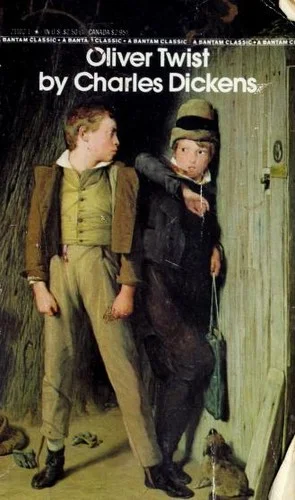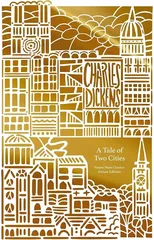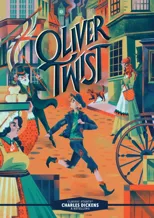This fiercely comic tale stands in marked contrast to its genial predecessor, The Pickwick Papers. Set against London's seedy back street slums, Oliver Twist is the saga of a workhouse orphan captured and thrust into a thieves' den, where some of Dickens's most depraved villains preside: the incorrigible Artful Dodger, the murderous bully Sikes, and the terrible Fagin, that treacherous ringleader whose grinning knavery threatens to send them all to the "ghostly gallows." Yet at the heart of this drama is the orphan Oliver, whose unsullied goodness leads him at last to salvation. In 1838 the publication of Oliver Twist firmly established the literary eminence of young Dickens. It was, according to Edgar Johnson, "a clarion peal announcing to the world that in Charles Dickens the rejected and forgotten and misused of the world had a champion."
Charles Dickens
Charles Dickens was an English novelist and social critic, born in 1812. He is best known for his vivid characters, intricate plots, and powerful social commentary. Some of his most notable works include "Oliver Twist," "Great Expectations," and "A Christmas Carol." Dickens' writing style often combined humor with pathos, and his works often highlighted the struggles of the lower classes in Victorian England.
Dickens had a profound impact on the development of the novel as a literary form, helping to popularize serial publication and bringing attention to issues of poverty, injustice, and inequality. His most famous work, "A Tale of Two Cities," is a historical novel set during the French Revolution and is considered a classic of English literature. Dickens' legacy continues to resonate today, as his works remain popular and influential in the world of literature.



